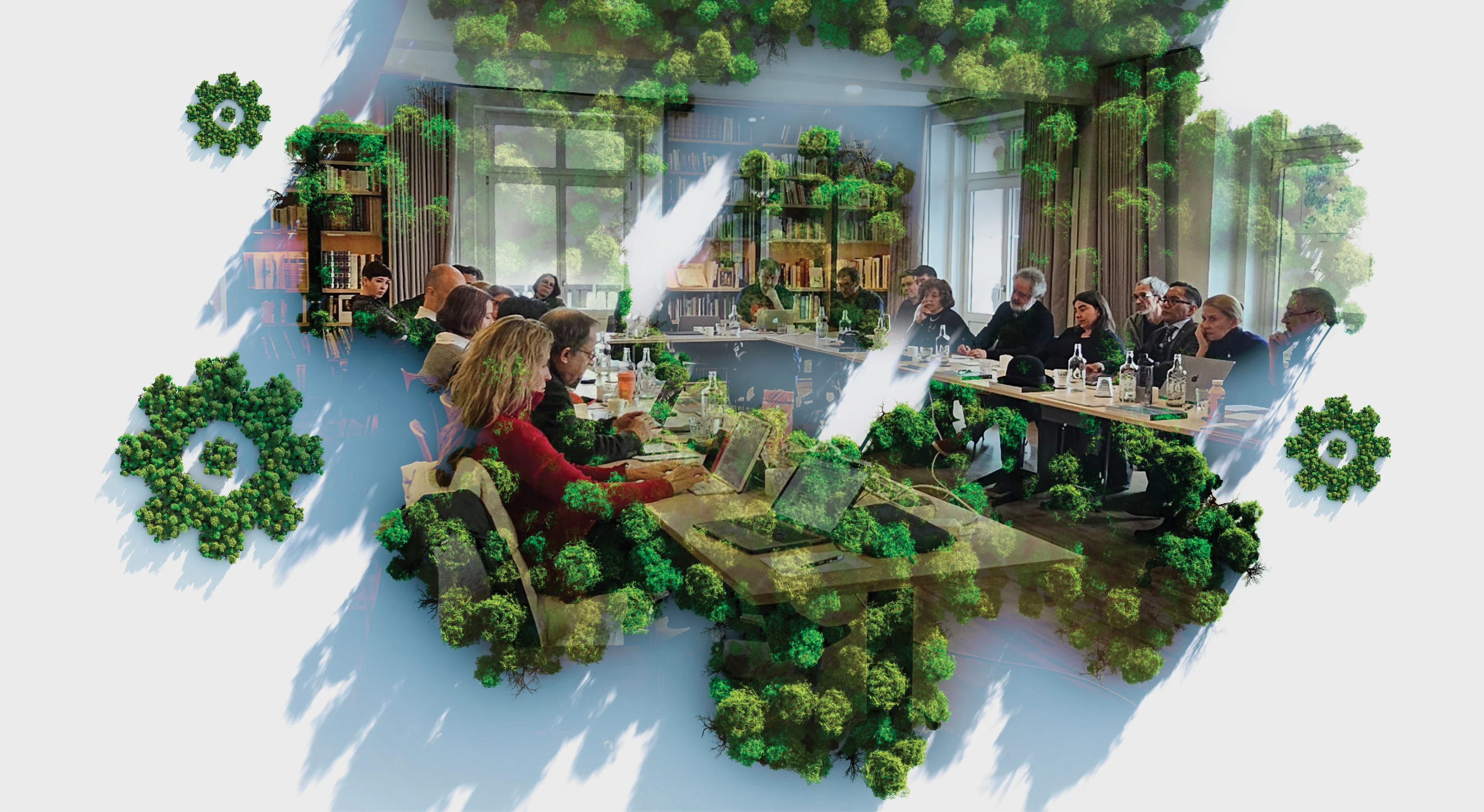Afternoon
- (2hrs)
- (10mins)
Conference Chair Welcome Adress

Michael O. Hengartner
- (50mins)
Considering Eco-augmentation in the Anthropocene - Reflections

Kevin Esvelt

Afshin Akhtar-Khavari

Olivier Hamant
- (1hr)
Introduction by the session Chairs

Bridget Baumgartner

Jackie Goordial

Peter Søgaard Jørgensen

Michael O. Hengartner



